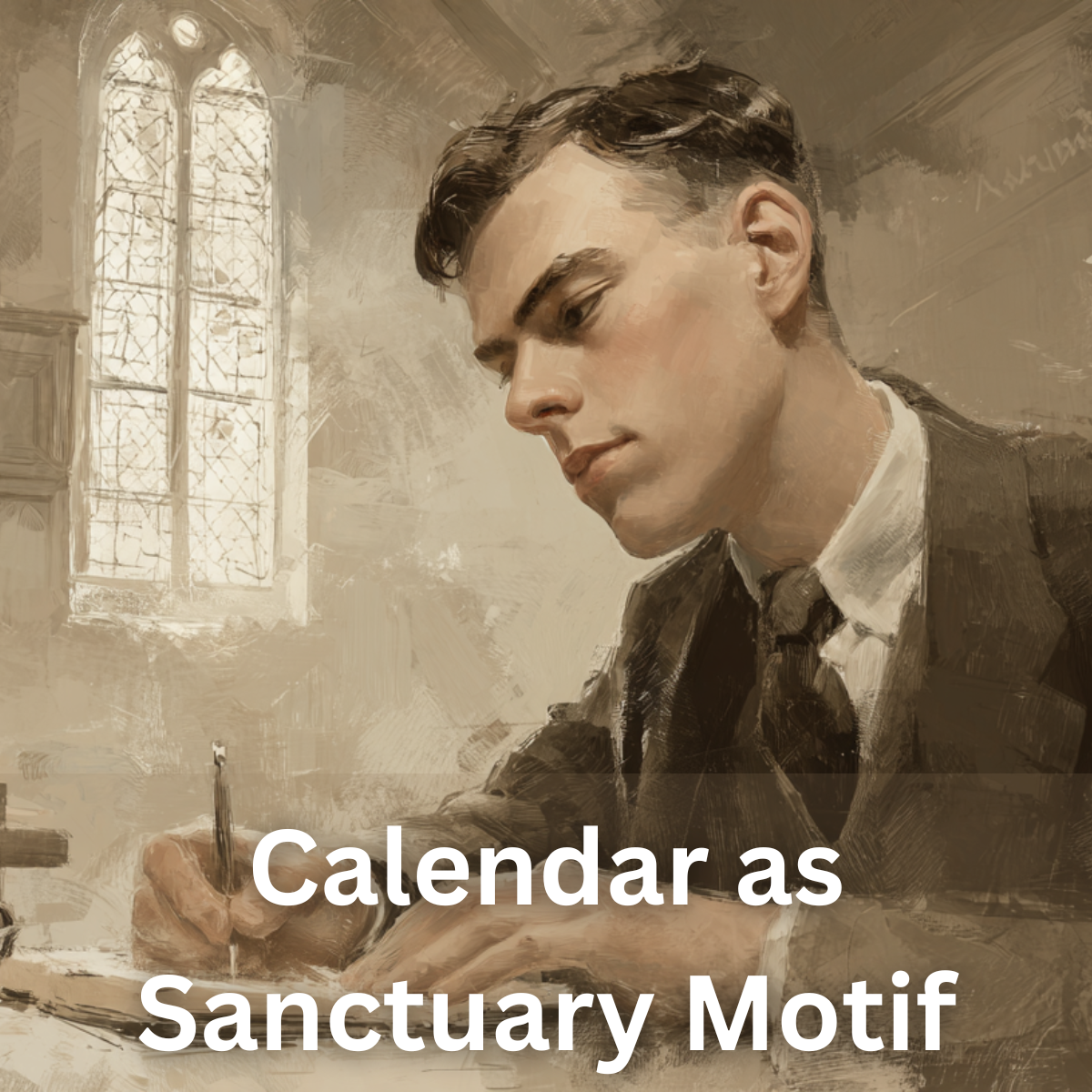I am not sure I realized at a young age just how valuable being genuine was. No one sat me down and explained the concept other than the insistence that I tell the truth. However, telling the truth and being genuine does not seem to be the same thing. Being genuine in everyday life seems to indicate honesty but also consistency, sincerity, and a willingness to be vulnerable. A person who is genuine is also viewed as one who is self-aware and tends to have respect for themselves and others. This leads me to a primary consideration.
When I was younger, I did not have the understanding, capability, or even capacity to be genuine. All of these traits that I just described have come with the passage of time and experience. The frivolity of youth was ill-equipped to be in a position where such a thing was possible. Even if I were to have had an acute awareness of this concept, I would not have valued it. The reason is that I did not know anything, and I was deathly afraid of people finding out. This naive mindset, this desire to be something I was not, and the constant faking that I had to push through were not conducive to being a truly authentic person.
Occasionally, I will meet a young person who exhibits some of these traits of a genuine person, and my tendency is to call them wise beyond their years. It is interesting that we consider a person who is sincere to be wise. We must instinctively know that a person who is willing to let others know their weakness must be a wise person who has great emotional intelligence and knows their value position well. Frankly, when I was young, I knew how lame I was, how weak I was, and how I hardly knew anything. Consequently, I found it challenging to engage in too much self-disclosure. It is not that we are genuine as we get older for no other reason than to have more confidence.
Regardless, I certainly value being genuine more now that I am older than I did when I was in my teens. I recognize now that an authentic person is trusted more than one who is not. Genuine behavior fosters trust in relationships. When people know you’re sincere, they’re more likely to believe in your words and actions. Consequently, people who are this way tend to attract people who appreciate them for who they are. This means that relationships become more meaningful and deep, and the connections tend to be stronger. Have you ever wondered while your childhood friends fell away, but the ones you made when you got older lasted?
There is an argument to be made that being genuine is not a result of being confident but rather creates confidence. When you are not trying to conform to others or pretend to be what other people want, you can grow in confidence. I think this is true if you are building or working toward something of value. If you are a lame person, then being a genuinely lame person will not instill confidence in anyone, including yourself. However, if you are truly working toward something great, then learning to stand on your own can indeed be a confidence booster.
A genuine person tends to earn the respect of others. They have a unique voice; they are different than others in a meaningful way. They tend to attract people, even those who disagree with them because they know that the person is being transparent about how they really look at a particular problem. This type of openness and curiosity can be inspiring and genuine; authentic people tend to attract others. There is less concern about pretense or ulterior motives, and therefore, these types of people are more attractive.
Finally, and this is the big one for me. This is what caused me to think of this topic. When you are genuine, you lead a less stressful life. Trying to keep up a charade can be difficult and wear on you emotionally and mentally. I think that learning to be genuine is probably one of the fastest ways to reduce stress in your life.




